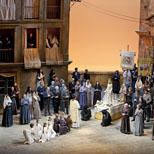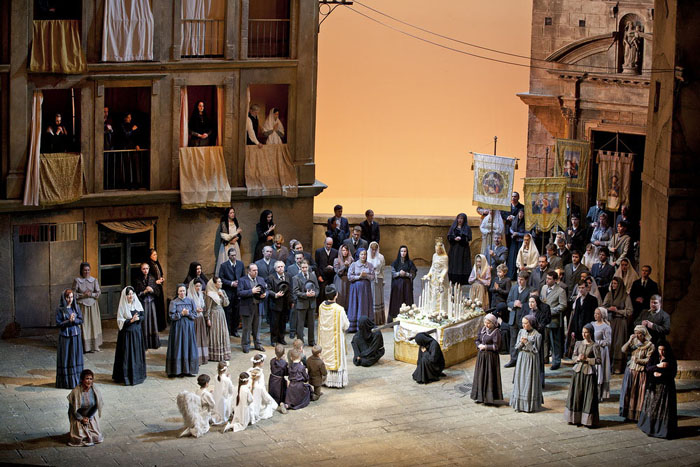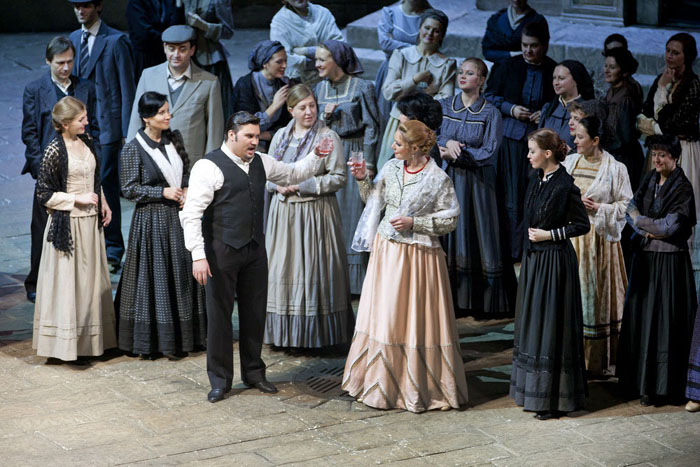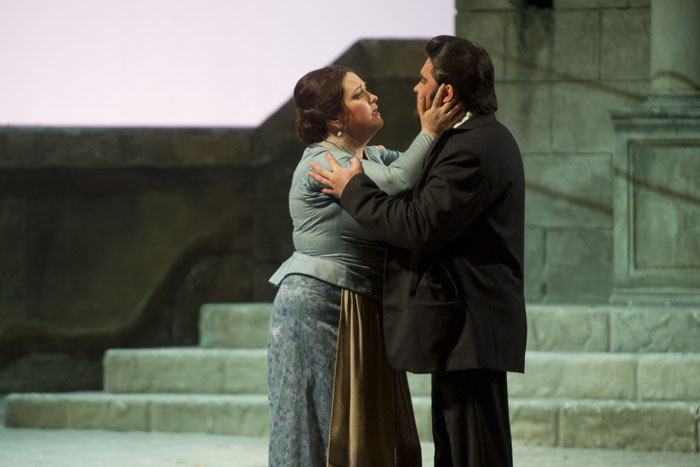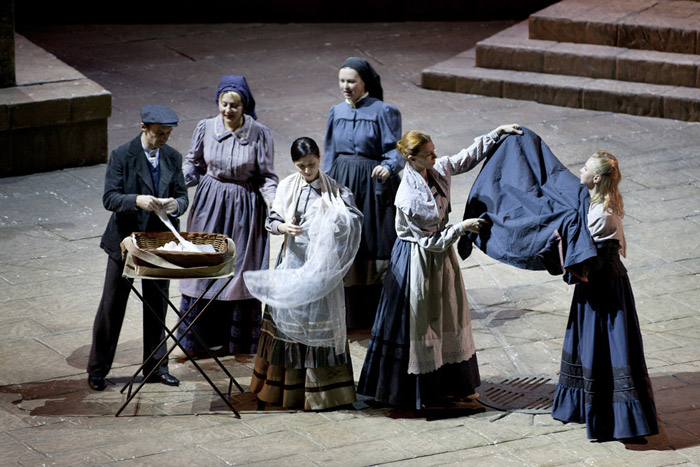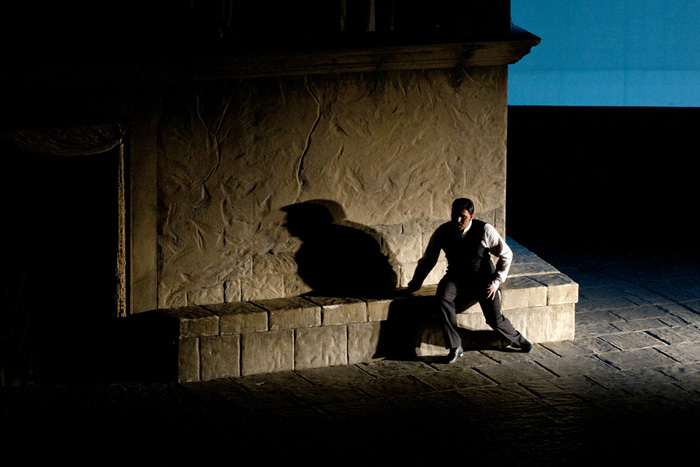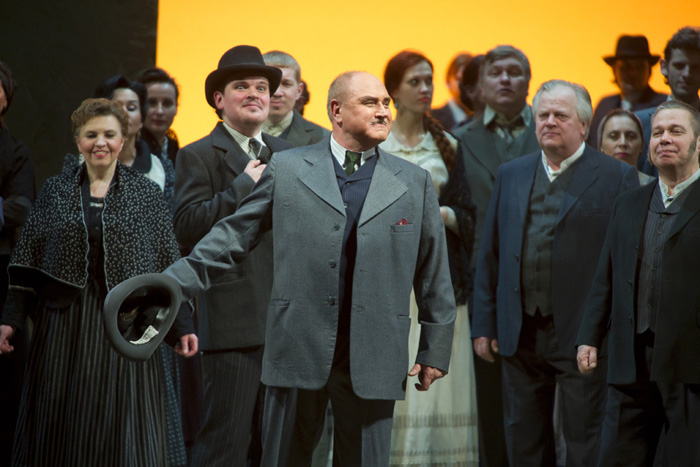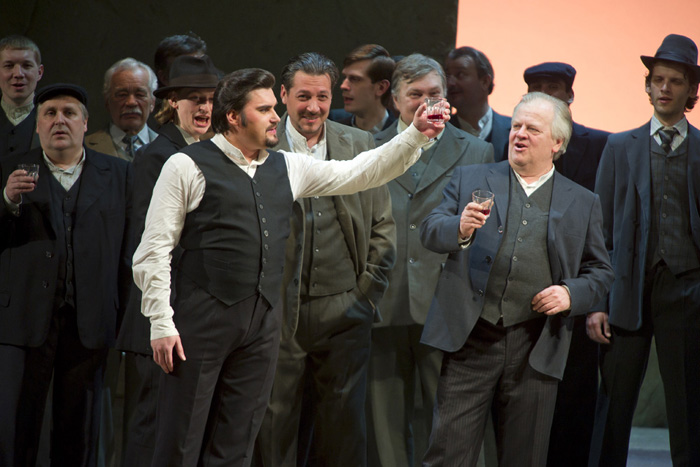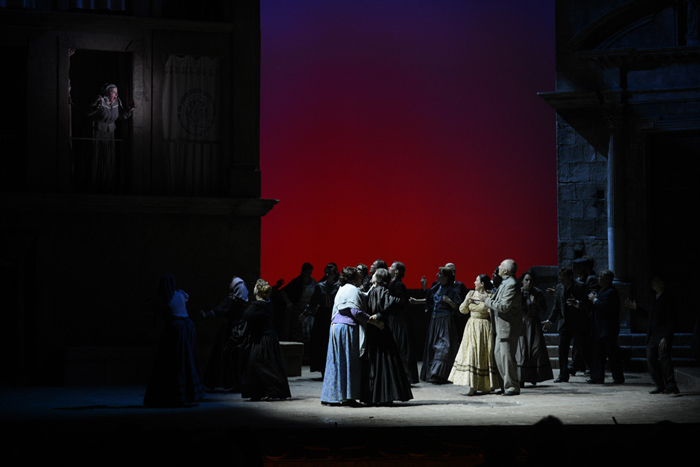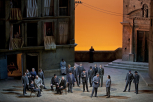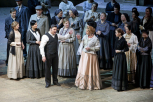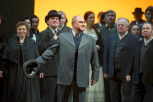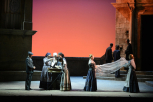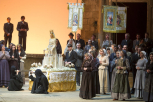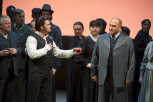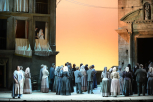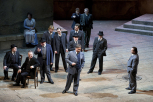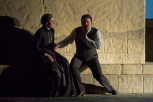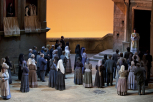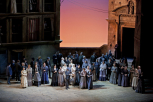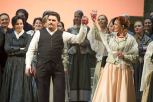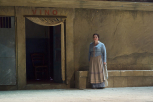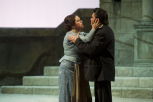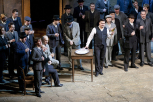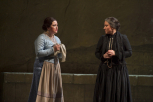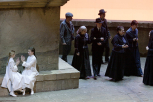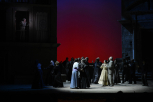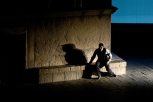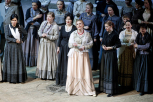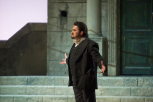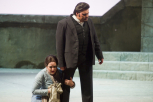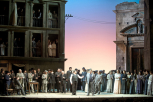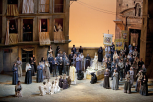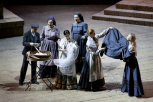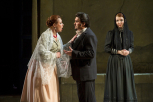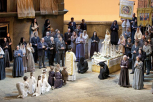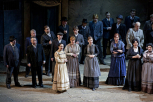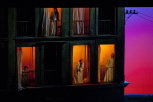Cavalleria rusticana (Mikhailovsky Theatre, opera) - 26 November 2024 at 19:00
Genre: Opera | Language: Italian | Age restriction: 12+ | Length: 1 hour 20 minutes | Opening night: 25 January 2008
Featured in: Mikhailovsky (ex. Mussorgsky) Theatre November 2024 | Opera in St.Petersburg in November 2024 | Opera in Mikhailovsky (ex. Mussorgsky) Theatre in November 2024
Credits
Libretto: Giovanni Targioni-Tozzetti and Guido Menasci after the novel by Giovanni VergaMusic Director of the production: Daniele Rustioni
Set designer: Dante Ferretti
Costume designer: Gabriella Pescucci
Director: Marina Bianchi
Set and costume curator: Leila Fteita
Owner of the production: Teatro Comunale di Bologna, Teatro Bellini di Catania
Premiere of the production: January 25, 2008
A disciple of Luchino Visconti, the world-famous cinema director, the creator of The Night Porter , Liliana Cavani has directed many opera stage productions. The famous Ravenna music festival saw her productions of Cavalleria rusticana by Pietro Mascagni (1996) and Pagliacci (1998) by Ruggiero Leoncavallo. Cavani’s attention to Mascagni and Leoncavallo could be explained by her interest in verismo — a style in Italian opera that started in 1890. The ultimate simplicity of the subjects taken by the verists from the ordinary life are typical for that kind of the operas. Ordinary life never lacks tragedies. The intense plot jammed into one action — premonition of a catastrophe and bloody payoff — couldn’t fail to attract Liliana Cavani. “Cinema is a sort of psychoanalysis for me”, the director says. Opera productions are psychoanalytical too. In her production of Cavalleria rusticana Liliana Cavani doesn’t confine herself to a sentimental story of a love triangle, she involves the audience into the production, makes them witnesses and accomplices of love, betrayal, murder.
Sicilian village morning is brightened by the holiday preparations: it is Easter. Modest landscape blossoms with the song of a handsome young man Turiddu, who glorifies his beloved Lola. All Italian passion vibrates in his voice. Unfortunately, neither the happiness of a great holiday nor the nature’s harmony could console Santuzza rejected by Turiddu. His affection was a fleeting passion — an indemnity for Lola’s betrayal. Santuzza, who carries Turiddu’s baby under her heart, maddened from jealousy and sorrow doesn’t dare to step into the temple to find comfort in its walls. In desperate seeking for Turiddu she rushes to his mother Lucia, the mistress of the tavern.
Alfio — Lola’s husband — is happy: the things are going well, his beautiful wife decided not to wait for beloved Turiddu’s return who became a soldier, instead she preferred a stable life with Alfio — the richest man in the village. However, everyone besides him knows hardly had insulted Turiddu turned Santuzza’s head, when Lola remembered her passion. Santuzza has no defenders, even Lucia cannot console her. Desperation brings her to Alfio: but only for a second she finds relief for her soul — while telling him about the faithlessness of Lola and Turiddu. An unexpected grief of a betrayed husband finds its only way out — in cold revenge.A cheering crowd on the way from Easter service enters Lucia’s tavern to have a glass of wine. Turiddu offers a drink to Alfio but the rival’s wine could only poison Alfio, so he denies the glass. Turiddu splashes out the glass and challenges Alfio for a duel: according to Sicilian manners, Turiddu bites Alfio’s ear. Wine whispers Turiddu about his close death and sudden remorse remind him of his responsibilities. Turiddu is willing to wash away Santuzza’s disgrace with his own blood — the disgrace of the girl, who fell as a victim of his offended pride. Ready to deal with his rival, full of remorse — Turiddu entrusts Santuzza to his mother Lucia’s care for ever.
Mikhailovsky (ex. Mussorgsky) Theatre playbill
book tickets now!
Price: 147.17 - 294.33 USD
book now- We have less than 30 of 890 tickets left!
- 3 people watching these tickets right now
